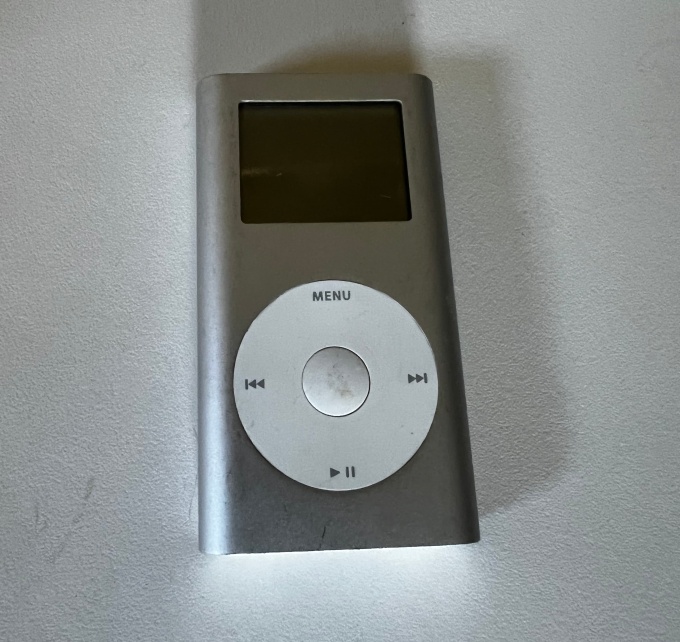A long, long time ago before the iPod, MP3 players were badly designed devices with insufficient storage. The market was ripe for a change, and Steve Jobs, who had returned to Apple four years prior, was ready to give it to us.
On October 23, 2001 the company released its first music player with a scrolling wheel and 5GB and 10GB storage options. Who would ever need so much?
And it was a design like no other. In fact, it would have a similar impact on music lovers that the Sony Walkman had two decades earlier. We would fall in love with it and the device would be the first of many that led Apple from the brink of bankruptcy to multi-trillion dollar company.
And a humble music player got it all started.
Just yesterday, the company announced the end of the road for venerated device. That it lasted this long, was a testament to its popularity, but when the company released the iPhone in 2007, it seemed to mark the beginning of the end for a music-only gadget. Why would you need a separate thing for your music when the phone would handle everything?
It would still hang on for years in spite of that, especially with the iPod Touch, which provided both music storage and internet access in one package, a nice compromise for people who didn’t want a full-fledged phone.
As my colleague Brian Heater wrote about yesterday’s final blow:
Apple this morning announced that the iPod is dead. That is, as much as a particular gadget can ever be dead. Rather, it will shuffle off this mortal coil slowly, remaining for sale while supplies last. So if you were considering purchasing one for any reason, buy now or forever hold your peace.
I remember quite clearly getting my first iPod. It was a 4GB Mini. I couldn’t tell you the year exactly, but I remember sitting in the driveway of my children’s piano teacher waiting for them to complete their lesson and trying to figure out exactly how this thing worked.

My much loved and scuffed iPad Mini. Image Credits: Ron Miller
I was a bit baffled by the scrolling wheel design at first, but once I figured it out, like so many things Apple has created over the years, I recognized the elegance of the approach. I remember the smoothness of the cool silver case in my hand, the way my thumb moved around the wheel and the sound of the music as I pushed the headphones into my ears.
It put 1000 songs at my fingertips, which seemed like more than I would ever need.
While the device was as cool as the other side of the pillow (as Stuart Scott used to say on ESPN), the software you used to connect to it, left something to be desired. iTunes was as clunky as the iPod was cool. But it provided a way to buy music for .99 a song, and to build a library from your CDs, at a time when people were using services like Napster to share music without paying for it. That combination of hardware and software really proved to be a game changer.
But it wasn’t only the smartphone that did in the music players like iPod. Services like Spotify, and yes Apple Music, that would come along later would provide access to not just 1000 songs, or 10,000 songs as later models held, it would give you access to most any music you could imagine. We didn’t really need a dedicated device to hold our music anymore.
The iPod is a gadget from bygone days now, one that seems quaint looking back, but for a time it captured our attention and our imaginations, and gave us access to portable digital music in a way that just hadn’t existed prior to its release.
And for that, it will hold a special place in many of our hearts forever, regardless of whether Apple produces them anymore or not.

